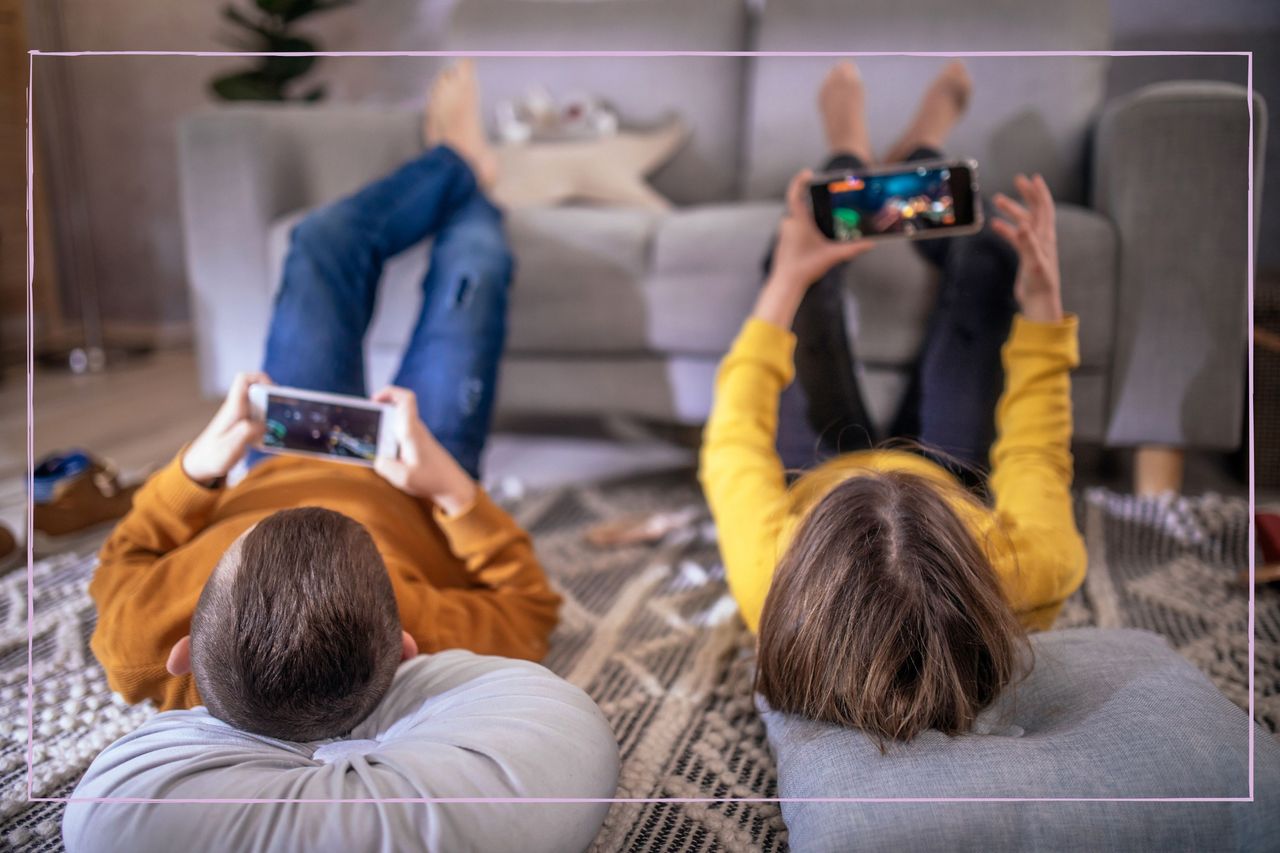Child therapist reveals why you should never say ‘it’s just a game’ to your kids when they get angry online gaming - and shares the best way to calm them down
It might even be a 'good thing' that they're angry about their gaming experience

A child therapist has shared why parents shouldn't be worried about their children getting angry while they play online games - and revealed why they should never say ‘it’s just a game’ to help them calm down.
There are lots of things for parents to worry about when it comes to online gaming. There are the vital steps parents have to take to keep kids safe while gaming, the stress of getting teen gamers to sleep on time, and the worries about kids playing age appropriate games leading us all to wonder about the Fortnite age rating.
But one things parents should not worry about too much is kids getting angry when they're losing or struggling with certain games, a child therapist has shared. Cath Knibbs, a child therapist who specialises in technology and kids' online safety measures, took to TikTok to detail why kids are getting angry when they play games online and reassured that it is not the games themselves causing this violent behaviour - though experts are worried about how normal violent online content has become for children.
"Some games are more violent than others and you might be worried about how seeing violent things will affect your child," she explained. "I hear from loads of parents who are worried about how aggressive their children become when playing video games.
"If you've witnessed your kid screaming at their game and smashing their controllers, you might start to think it's the game that's making them do this but that isn't the whole truth."
She goes on to explain that the behaviour is 'less to do with the game and more to do with the child not being able to regulate their feelings.' Many children struggle to regulate their emotions, to deal with big feelings, especially if they're a deeply feeling child with ‘explosive’ emotions. This is why children often struggle with tantrums (though it turns out that 'tantruming is healthy') or other emotional outbursts like school run meltdowns.
"Children naturally have a harder time regulating their emotions and this is where you get to help as a parent," Knibbs says. "How your child expresses their emotion is often more about how they've been taught or what they've witnessed."
GoodtoKnow Newsletter
Parenting advice, hot topics, best buys and family finance tips delivered straight to your inbox.
@cath_knibbs ♬ original sound - Cath - Child Therapist 🧠
For this reason, she wants parents to stop telling their child that it's 'just a game' when they're getting angry playing video games. Instead, they can step in to help teach their child how to manage their anger.
"Your child isn't wrong for feeling angry at the game, so instead of telling them 'it's just a game' or 'calm down', you can help to make them feel heard," she said before adding that it's a 'good thing' if you find your child is feeling strong emotions as it gives you the chance to teach them how to best deal with anger in a controlled setting.
Instead of telling them to calm down, she suggests relating to the child. "I don't like losing either," she recommends as just one comment to help start a conversation. But instead of letting a child's angry emotions grow, she wants you to give them the tools to deal with anger like calming down through exercise, by making your own calm down jar or bottle, or by using simple and effective expert-approved ways to manage stress.
Keeping kids safe online can feel like an impossible task but these 7 clever Internet safety tips written for kids, by kids can help. We've also pulled together an internet safety guide with 12 tips for keeping your kids safe on social media for parents who are concerned about what their child might be exposed to online in light of new data showing that it takes a shockingly short amount of time for children to come across ‘unsafe, age-restricted and illegal content’ online.
Charlie Elizabeth Culverhouse is a news writer for Goodtoknow, specialising in family content. She began her freelance journalism career after graduating from Nottingham Trent University with an MA in Magazine Journalism, receiving an NCTJ diploma, and earning a First Class BA (Hons) in Journalism at the British and Irish Modern Music Institute. She has also worked with BBC Good Food and The Independent.